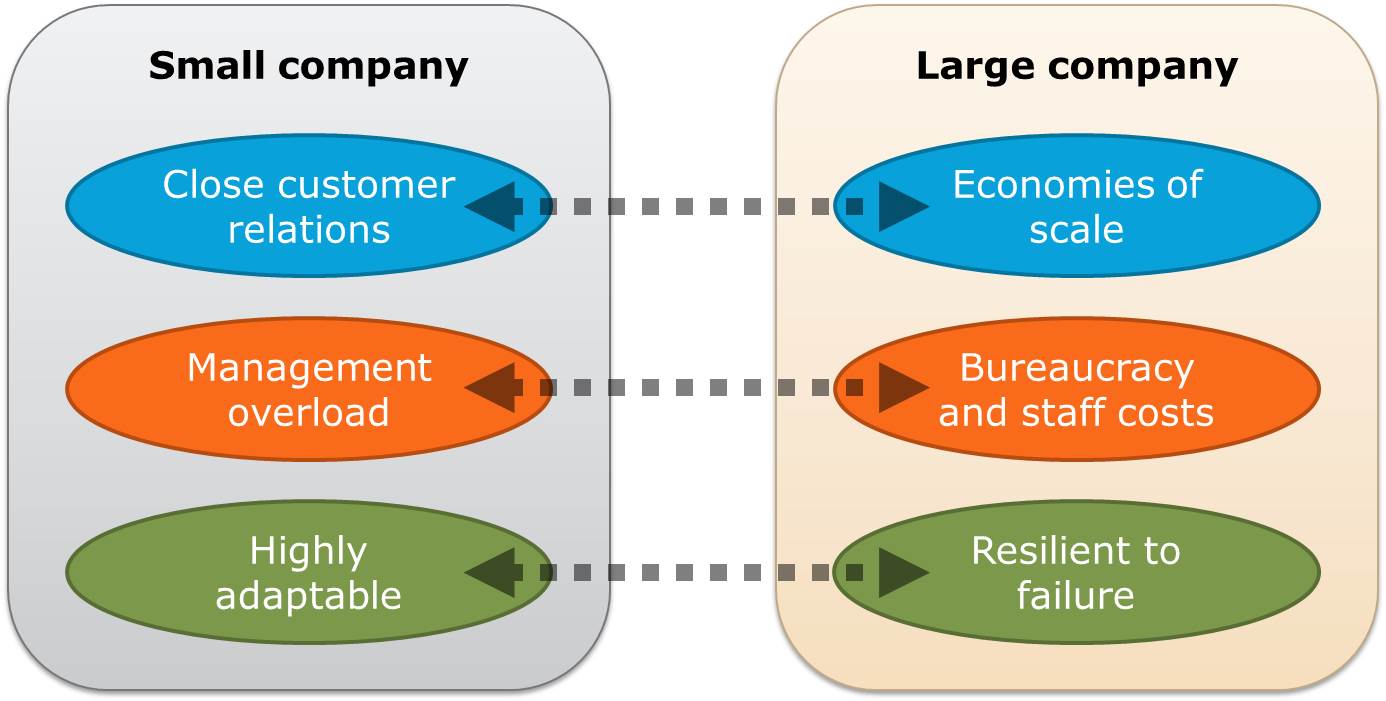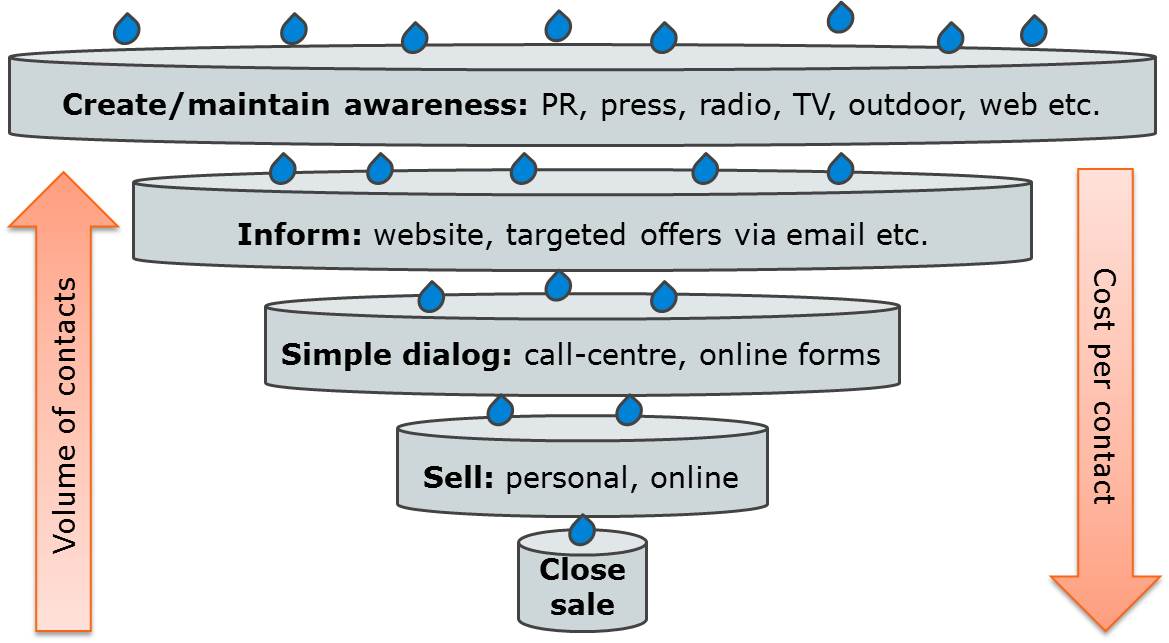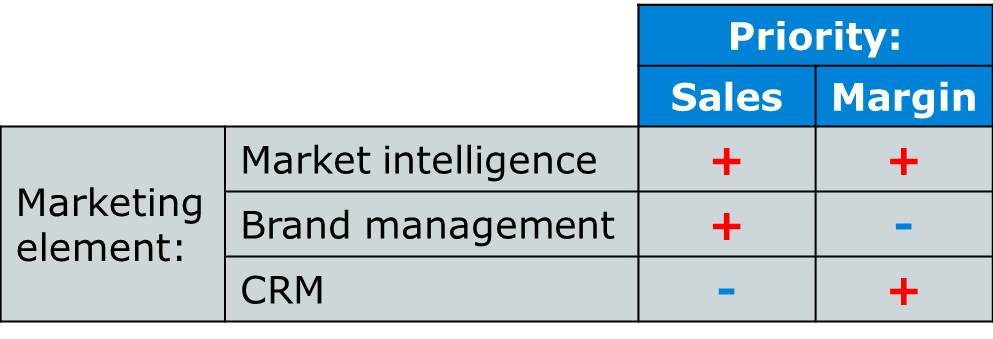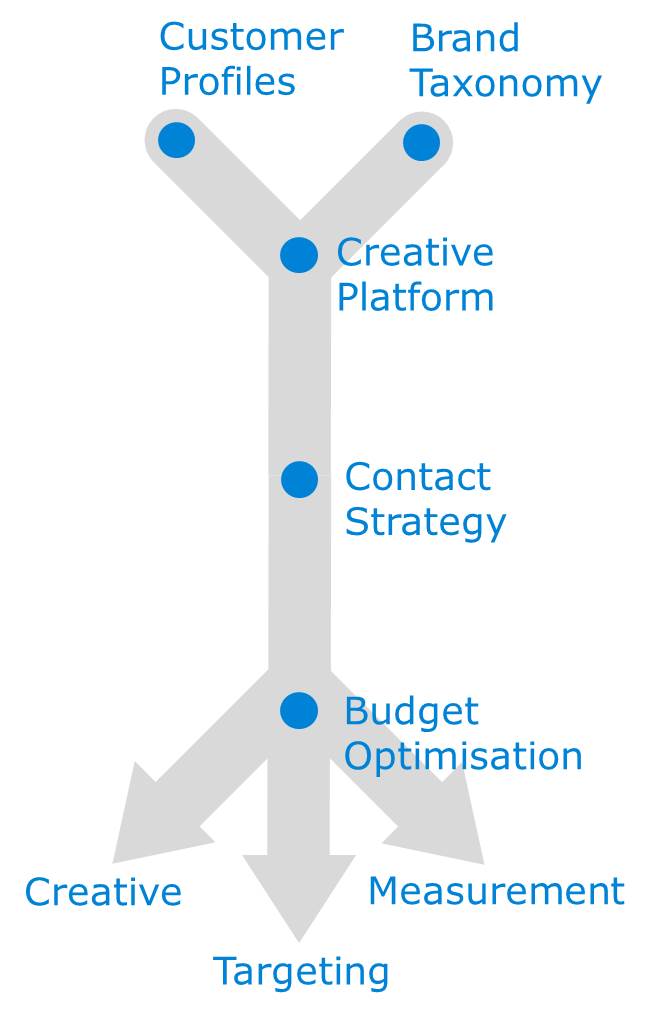SME Services
For the small to medium enterprise (SME) Quocom tends to
provide a more comprehensive service from planning right
through to implementation. This is because smaller companies
tend not to have many marketing functions already in place.
The awkward middle
Companies that want to grow typically face a dilemma over
marketing investment. On the one hand, it seems like a lot
of money and effort for uncertain benefits. On the other,
there is no getting away from the fact that nearly all large
companies invest in marketing, so you can't expect to grow
larger without it.
It is a real problem, because there is a polarisation in
role and management of marketing between large and small
companies. Breaking out of the personal, sales-based,
approaches of a small company and moving towards the point
of enjoying the economies of scale enjoyed by large
companies is difficult.

Companies have to traverse 'the awkward middle' and many don't make it. A common problem occurs when small companies who have experienced some growth then burden themselves with an in-house sales and marketing bureaucracy more suited to a company many times their size. Or, conversely, a small company with a great product loses the opportunity to grow by not fully utilising marketing. Quocom can help with all these issues with practical strategies that make best use of both internal and external resources.
Developing a cost effective filter
A good approach to giving a small company better marketing is by developing a filter process. This increases the reach to potential customers, at minimum cost, and progressively qualifies them until it becomes cost justified to provide them with a full sales service.

Focus on a business priority
In developing a strategy, such as the above filter process, it is best to focus it on a specific business priority. Mostly, these split into either sales growth or margin growth.
The business priority should determine the balance of
investment in the different elements of marketing. These
elements can be broadly broken down into three areas:
- Brand management
- - competing for sales in the market
- Customer Relationship Management (CRM)
- - maximising customer value
- Market intelligence
- - understanding the market and customers
Market intelligence is the key element whatever the business priority. A better understanding allows a business to better test alternative strategies and counteract competitive moves - although it is often a 'Cinderella' area for smaller companies as they often don't how to benefit from it.
Brand management should be the focus if the business priority is sales growth, and CRM the priority for margin growth.

Although the relationship between business priorities and marketing elements are fairly commonsense, they are actually backed up by academic studies [link to example].
Brand communication strategy
Quocom pulls together all the above issues within its brand development process.
The strategy process takes all the understanding of customers, the
market and learning from past activities and works through
to a fully costed and accountable programme.






